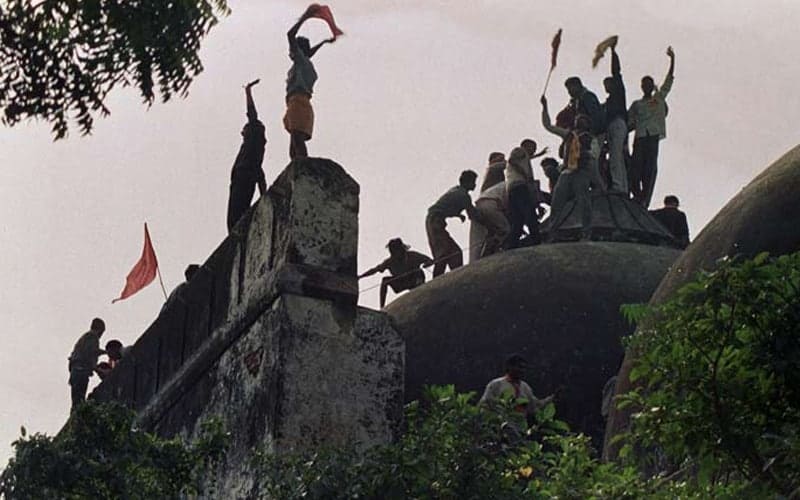NEW DELHI– Babri Masjid judgment fueled majority, 27 years after Hindu nationalist mobs tore down a 16th-century mosque, an event that unleashed torrents of religious-motivated violence.
Event History:
The dispute over the site of the Babri Masjid mosque in the town of Ayodhya in Uttar Pradesh state has lasted centuries. Hindus believe Lord Ram, the warrior god, was born at the site and that Mughal Muslim invaders built a mosque on top of a temple there.
The December 1992 riot supported by the Hindu nationalist Bharatiya Janata Party sparked massive communal violence killing some 2,000 people mostly Muslims.
The 1992 riot also redefined the politics of social identity thereby, launching the BJP from two parliamentary seats in the 1980s to present power elite.
BJP won an outright majority in India’s lower house in 2014, the biggest win for a single party in 30 years. The BJP won even more seats in elections last May.
Dispute on the verdict:
Muslim groups for decades rallied around secular parties and waged a court fight to refurbish Babri Masjid. But now, friction among Muslim groups has spilled into the open, with one side challenging the verdict and the other saying they are content with the outcome.
The 23 Muslim lawmakers in India’s Parliament in 2014 was the lowest number in 50 years. The number rose from 23 to 27 in 2019 out of these, only one is from the BJP.
1.3 billion of Indian population includes more than 200 million Muslims. The court verdict said Muslims will be given 5 acres (2 hectares) of land at an alternative site.
Muslim’s response:
All India Muslim Personal Law Board and Jamiat Ulama-i-Hind, two key Muslim parties, have openly opposed the ruling, clearly stating it to be biased.
Jamiat Ulama-i-Hind has filed a petition with the court for a review of the verdict with its chief Maulana Arshad Madani, stating the verdict to be against Muslims.
“We will again fight this case legally,” Madani said.
But another influential Muslim body, Shia Waqf Board, said it accepts the verdict.
It believes any further court procedures in the case will keep the festering issue alive between Hindus and Muslims, said the organization’s head, Waseem Rizvi.
Swami Chakrapani, one of the litigants in the case representing the Hindu side, said both Hindus and Muslims had accepted the verdict, and the matter should be put to rest now no matter what some Muslim parties have to say.
The divisions are likely to worsen as some Muslim parties start to lean towards the BJP, either as a result of pressure or in an attempt to gain greater Muslim representation in it. With no national Muslim political party to represent them, the community is likely to remain divided over its politics.

